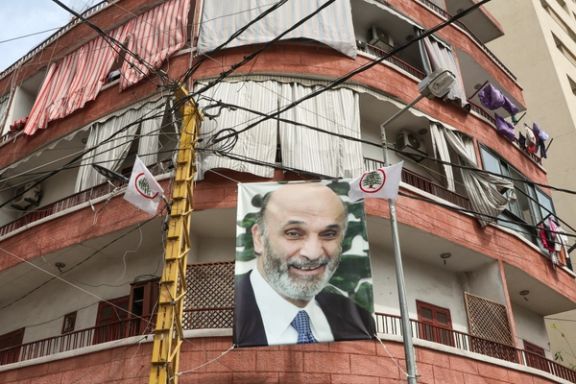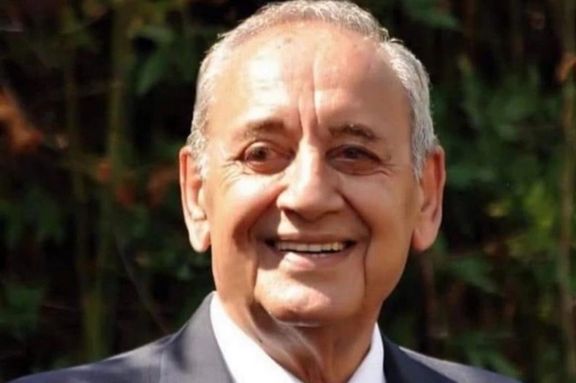Iran 'Respects Lebanon Vote' As Allies Lose Ground

Iran Monday said it respected the “vote of the Lebanese people” as early results from Sunday’s Lebanese election showed setbacks for its ally Hezbollah.

Iran Monday said it respected the “vote of the Lebanese people” as early results from Sunday’s Lebanese election showed setbacks for its ally Hezbollah.
“Iran has never tried to interfere in Lebanon’s internal affairs,” foreign ministry spokesman Saeed Khatibzadeh told his weekly news conference. While the grip of Lebanon’s sect-based parties remained strong, there were small gains by independent candidates reflecting desire for change since the 2019 ‘al-Thawra’ protests, an economic crisis that has left 80 percent of citizens in poverty, and the 2020 Beirut port explosion.
Reuters news agency cited three “sources” close to Hezbollah saying its alliance – with fellow Shia party Amal, the Christian Free Patriotic Movement (FPM), and some smaller groups – would lose its parliamentary majority.
But Lebanese government formation is always protracted given the reservation of political positions for members of particular sects. One picture caption doing the social-media rounds sarcastically highlighted a “leaked picture of the future head of the Lebanese parliament” – Amal leader Nabih Berri who has held the post since 1992 and will likely continue once various deals are done.
The speaker is a Shia under an understanding dating to 1943, with the president a Christian, and the prime minister a Sunni.

Critics of Hezbollah, including the Lebanese Forces, led by wartime Christian militia leader Samir Geagea, made gains, leaving analysts to suggest that no alliance would win the 65 seats required for a majority in the 128-seat parliament.
The Lebanese Forces, according to press spokesman Antoinette Geagea, won at least 20 seats, up from 15 in 2018, while its main Christian rival, the Hezbollah-allied Free Patriotic Movement, won 16, down from 18, its campaign manager Sayed Younis told Reuters.
Economic meltdown, political rivalries
Voter turnout across was down from the 49 percent of 2018, although there were reports of heavy voting by Lebanese expatriates. These elections were the first since the economy slid into meltdown in late 2019 following the collapse of a post-1990 economic system based on massive government borrowing from a banking sector buoyed by expatriate deposits attracted by high interest rates.
Rivalries between sect-based parties linked to regional powers have stymied efforts at structural reform while European donors have lost patience with corruption.
Since it first entered the cabinet in 2005, Hezbollah has become associated with government failings and has lost support among Shia voters. While the party has continued to provide valued social services in the face of growing economic hardship, many Lebanese questioned its role in the Syrian war, where it sent fighters to support President Bashar al-Assad.
Iranian allies also lost ground in the Iraqi elections of December 2021. But in Lebanon, as in Iraq, the formation of a new government is likely to be a protracted process while citizens deal with issues like inadequate electricity and rapidly rising prices.
It remains to be seen whether Hezbollah’s electoral setback will encourage the Sunni Arab Gulf states, including Saudi Arabia, to reconsider their political and financial disengagement from Lebanon going back to around 2015.